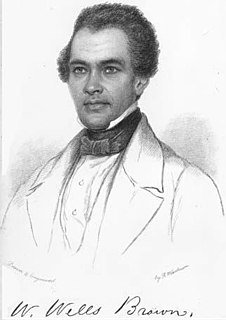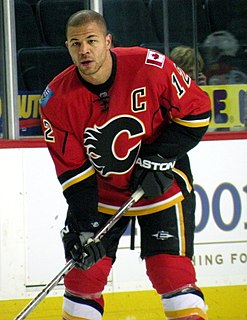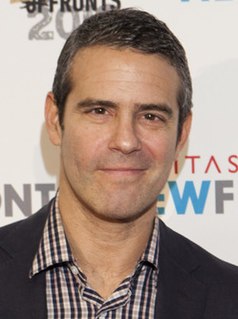A Quote by Sterling K. Brown
As a kid growing up St. Louis, Missouri, I lived in a predominantly black neighborhood. Any time people talked about slavery, it was always something like, 'If I was a slave, I wouldn't have been putting up with that. I would have been out in a heartbeat.' And it's like, sure, it's a very easy thing to say.
Related Quotes
Do I want to be in St. Louis forever? Of course. People from other teams want to play in St. Louis, and they're jealous that we're in St. Louis because the fans are unbelievable. So why would you want to leave a place like St. Louis to go somewhere else and make $3 million or $4 more million a year? It's not about the money.
The first decade of the twentieth century was not a great time to be born black and poor and female in St. Louis, Missouri, but Vivian Baxter was born black and poor, to black and poor parents. Later she would grow up and be called beautiful. As a grown woman she would be known as the butter-colored lady with the blowback hair.
We've actually seen Black man murders [in] many a major city in the United States - New York City, St. Louis, Missouri, from Cleveland to Baltimore. It was those sorts of incidents that were very much prevalent in the forefront of that jury's conscience that allowed them to believe that this man [O.J. Simpson] could have been set up.
Growing up, I was always the only black kid on my team and (sometimes) I'd get questions from my friends when I'd say, `I want to be in the NHL' and they'd say, `Well, there are no black people or not very many in the NHL' and as a kid, you'd wonder why. But overall, I didn't really face any racial difficulties. Nothing too bad or too lasting.
Acting is different from dance. The black-and-whiteness of dancing is mostly about the technical form - like, this is how people have been doing it for millions of years. You can't let down those ballerinas who died a long time ago. My teacher will say, "This person would be ashamed!" And it's like, oh God. But with acting, it's different because people like something fresh. You can mix it up and create your own thing and it's not necessarily wrong.
Zwarte Piet, or 'Black Pete,' is a relic from slavery. It is something that should have long been eliminated, and it's very insulting to black Dutch people. It's shocking to me that it still exists, but I think it's about the lack of knowledge and education regarding the roots of the character in the slave trade.


































